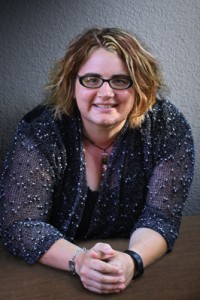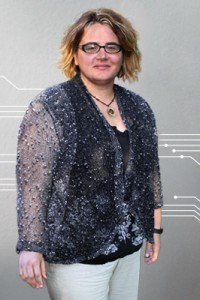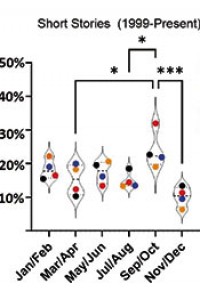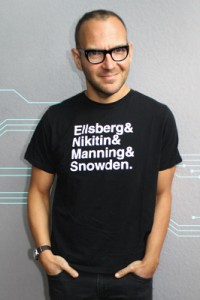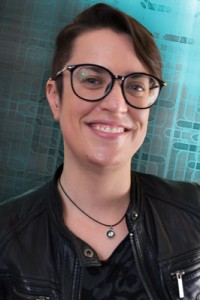Kameron Hurley: When Should You Compromise? How to Evaluate Editorial Feedback
Here’s some feedback I’ve received from editors, agents, and marketing managers in response to my work over the years:
“This is just a jumble of words.”
“I think this suffers from a failure of the imagination.”
“This is sorta too emotional.”
“Try again.”
One of the most difficult skills a writer must learn – whether writing novels, screenplays, marketing copy, or news articles – is how to receive, process, and ...Read More
Read more

